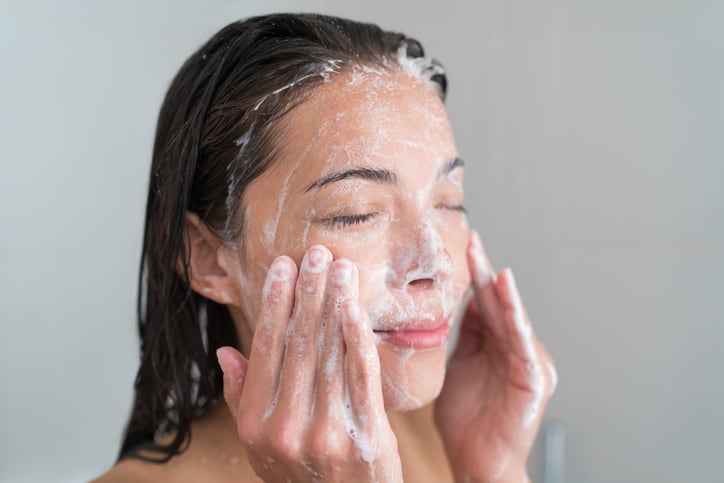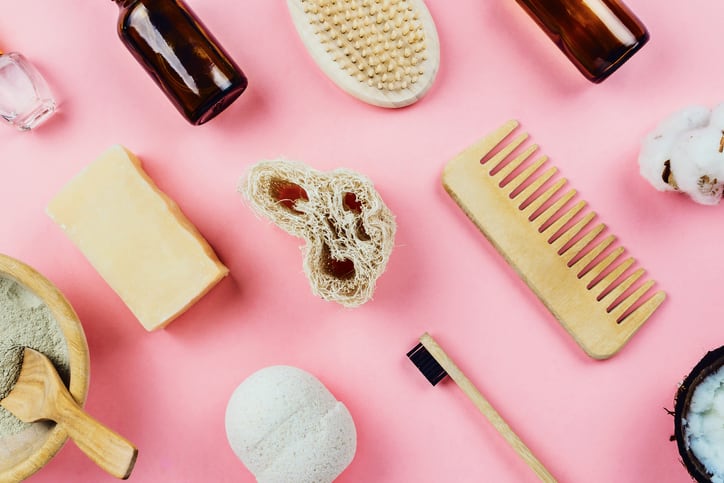XCellR8 validated the in vitro mildness ‘XtraMild’ test as part of a two-year research project funded by Innovate UK, in partnership with skin specialist Cutest. The test – an adaptation of a regulatory skin irritation test – has been validated against human volunteer trials and is able to accurately predict the human in vivo clinical scores in all studies. Using cell culture techniques to detect subtle differences in mild products and ingredients, it classifies findings as: non-irritant, very mild, moderate to mild, moderate, or strong/severe.
‘As ingredients and formulations evolve, the tests need to evolve’
Dr Carol Treasure, CEO and founder of XCellR8, said the development marked an important advance in cosmetic formulation testing and provided a “really significant opportunity” for industry, globally.
“In the past, a lot of in vitro results have been validated against older, animal test studies, and scientifically it’s not relevant. We wanted our in vitro results to be validated against human studies,” Treasure told CosmeticsDesign-Europe.
Working collaboratively with Cutest, therefore, had been important as it enabled these direct test comparisons with the exact same batch of ingredients on human skin through patch tests.

“We no longer need to be dependent on out-of-date animal data as new in vitro techniques provide such a good model of real-life exposure,” she said.
Many current mildness tests were also “outdated” because they had been designed for harsh chemicals no longer used in today’s mild cosmetic formulations, Treasure said, making it impossible to identify and “rank order” the performance of ingredients or products, beyond ‘irritant’ or ‘non-irritant’.
“We need to know if it is mild and how mild it is. I think that as ingredients and formulations evolve, the tests need to evolve,” she said. This was important for suppliers and manufacturers alike, she said, because mildness claims were best backed up with “solid data”.
A mildness database to measure up against the market
Treasure said that XCellR8 had already built up a strong database of tested formulations from big brands across numerous categories, including soaps, facial cleansers, face masks, moisturisers, and deodorants. What this meant was testing could be done comparatively, she said, of course without compromising any IP associated with these formulations.
“If a brand has a number of different possibilities to take forward and they want to screen them to see which is the mildest, we can do that and compare to other global benchmarks. We can give them a range of what’s already available.”
Eventually, this database could then potentially be used to develop a predictive model for formulation development, she said.
“We know we’ve got some really valuable data and it’s just thinking about how best to take that forward in a way that could really help brands and ingredient suppliers, but clearly without divulging information that is confidential or brand-specific.”
‘Less sexy’ than microbiome and blue light but ‘the need for mildness doesn’t go away’
Treasure said that for the cosmetics and personal care space, mildness remained an important consideration amid other trending concepts and would remain a focus for XCellR8 in the future.
“We would definitely like to further pursue the mildness research. We feel this has really been so insightful this project, and so much valuable information is being gained so we don’t want to stop there.”
“…The need for mildness doesn’t go away. It might sound a little bit less sexy than some of the current things like microbiome or blue light that come and go, but the need for mild cosmetics is universal really,” she said.




